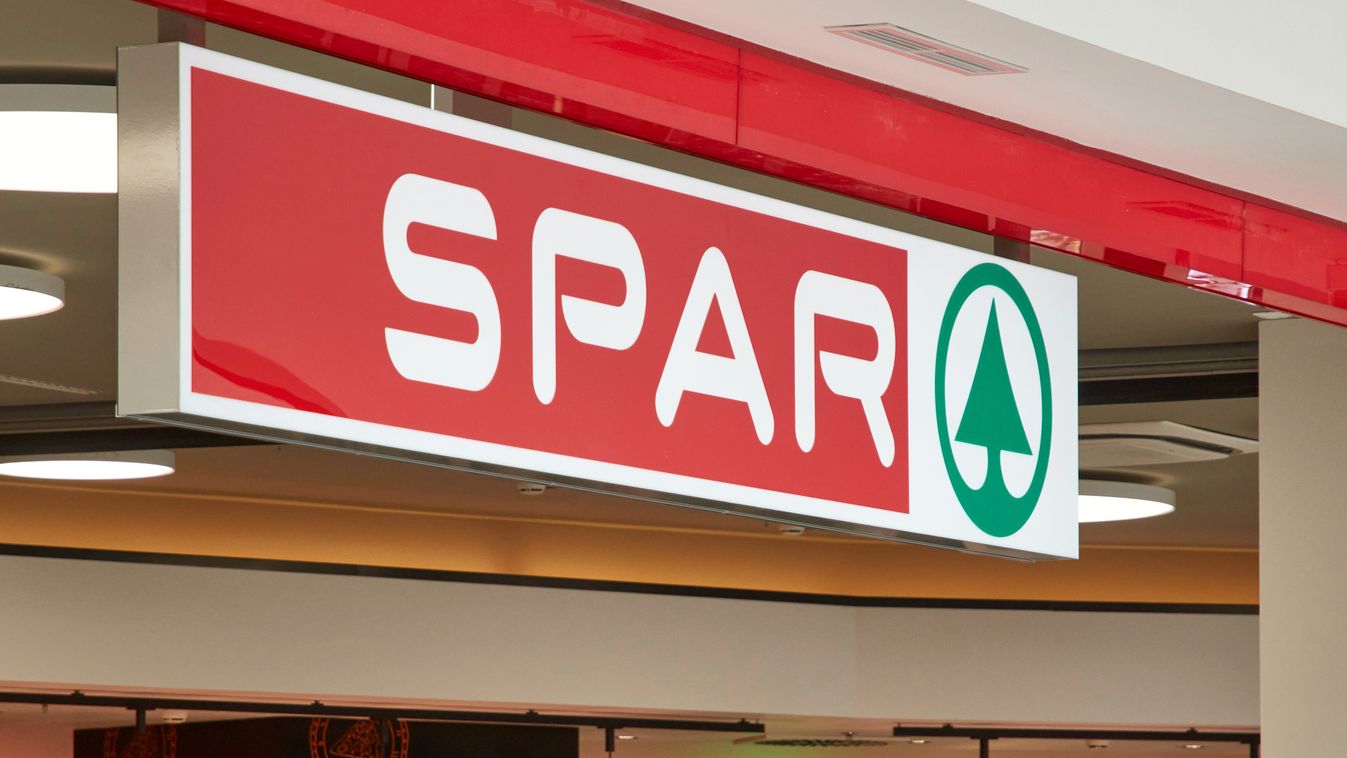The European Court of Justice found that with the introduction of mandatory discounts on some types of food in supermarkets last year, the Hungarian government regulation infringed free competition.
The government’s obligation to sell certain agricultural products, such as wheat, milk, and eggs, at a set price and stock sufficient quantities of them, prevented traders from freely determining their selling prices and the quantities they wished to sell on the basis of economic considerations.
In response to the ruling, Hungarian Economics Minister Márton Nagy said that the ECJ has sided with the price-cutting and profit-hunting multinationals instead of families, with Nagy saying those multinationals are trying to cover up their profit-hunger with a continuous battle against the Hungarian government, instead of families.
“This behavior, on the part of Spar, the Brussels committee, and the parties that have intervened in the case, is contrary to the interests of Hungarian consumers and Hungarian families,” the Hungarian Ministry of National Economy said.
“Nothing is sacred to these price-gauging multinationals. But, whatever they may do, the government will always stand by lowering prices, and thus by Hungarian families. There is no place in the Hungarian market for any company that plays dirty against the interests of Hungarian consumers,” the ministry said, adding that the attacks by Spar in various lawsuits are still not due to the measures concerned, but to the retailer’s dire economic situation.
In February 2022, in the context of the Covid-19 pandemic, Hungary adopted a government decree regulating the marketing of six basic products, specifically sugar, wheat flour, sunflower oil, pork and poultry meat, and certain types of milk. In November 2022, the government decree was amended due to the war in Ukraine, and two additional products, eggs and potatoes, were added to the list. The government decree was in force until July 31, 2023.
According to the text of the government decree, traders who had already marketed these products at a specified earlier date were obliged, under penalty of a fine, to sell in predetermined quantities, initially depending on the average daily quantity sold during the reference period, and subsequently depending on the quantity of the products in stock during such reference period, at the official price.
In 2023, the Hungarian authorities fined Spar for failing to comply with the daily quantity requirement for five products in one of its stores. According to Spar, the 2.8 percent UHT milk and eggs were in stock in the store in compliance with the regulation, while the authority said they were not. The retailer even noted that the stock was in line with the previous version of the rule, which had been amended several times.
Spar brought proceedings before the Szeged General Court to annul the decision of the authority, but the court, having doubts about the compatibility of the government regulation with the CMO Regulation, and in particular the principle of free determination related to the selling price of agricultural products on the basis of free competition, referred the case to the Court of Justice of the European Union (CJEU).






